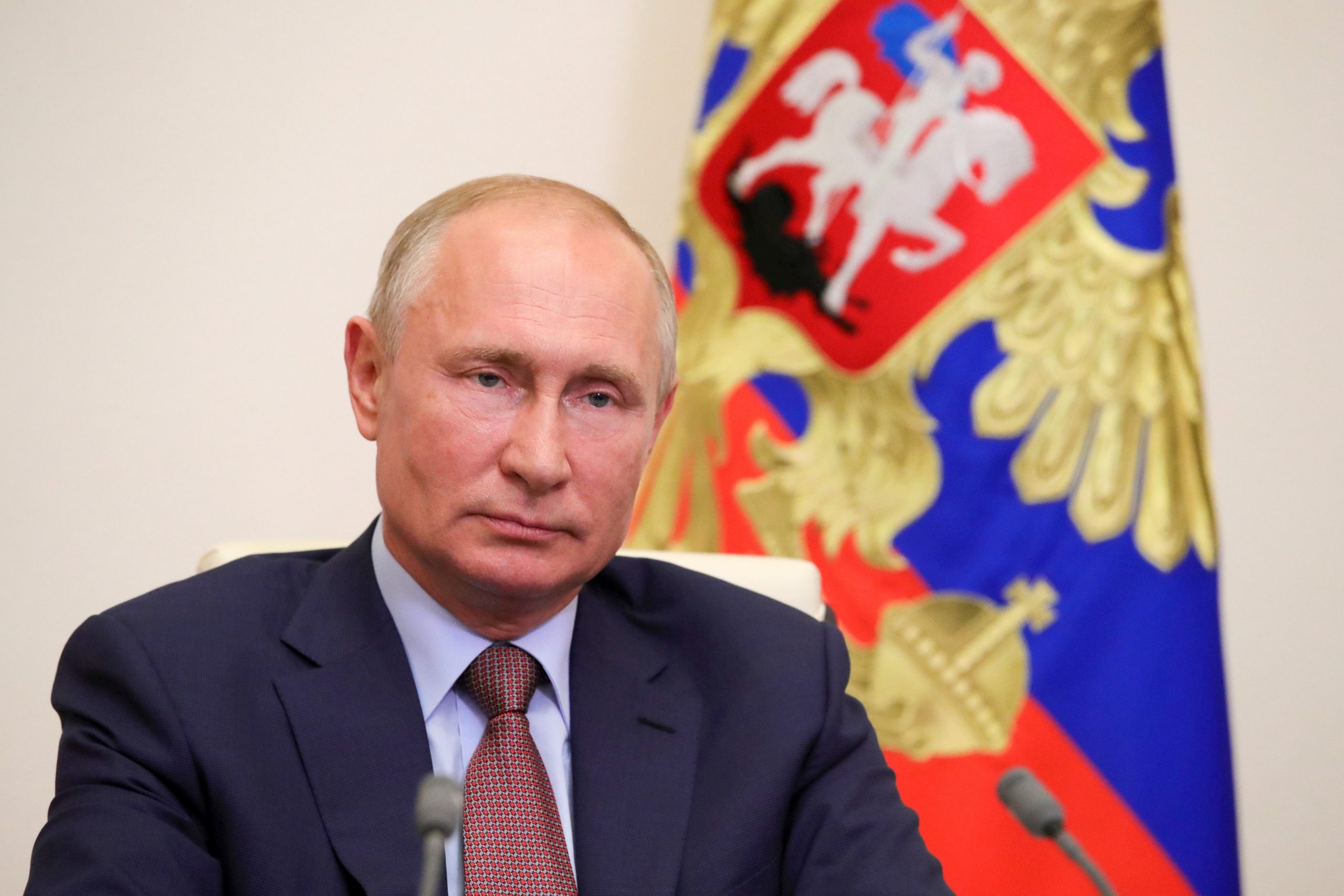News
Why the war will impact your pension

The Russian invasion of Ukraine is unnerving global stock markets, which has a knock-on effect on the value of UK pension pots.
According to Interactive Investor, the global stock market underpins 22.4 million defined contribution workplace, as well as millions more non-workplace personal pensions.
Stock markets around the world plunged when Ukraine was attacked on 24 February, and they have been volatile ever since. Many global companies are affected by the war not just those that sell products and services to the Russian market.
However, the way pensions are invested, usually according to global, multi-asset strategies, is designed to reduce risk through diversification. Fund managers aim to slowly grow the value of a fund in a way that beats inflation over time.
Some pension plans adjust the risk level according to the target retirement date of the pension holder, reducing it as someone nears retirement to mitigate the risk of stock market falls right before retirement.
According to Interactive Investor data, the average value of a self-invested personal pension (SIPP) has fallen by 12% from £221,713 at the end of December 2021 to £202,134 at the end of February, to £196,109 now.
The falls at the start of the year have been a consequence not only of the war, but also the preceding rise in interest rates and the end of quantitative easing, among other factors that turned general sentiment negative from mid-January onwards.
Becky O’Connor, head of pensions and savings at Interactive Investor, said: “The war in Ukraine has consequences for global stock markets, which in turn could affect the value of pension funds.
“For those years away from retirement, this should not be too concerning – they may have decades left for markets to recover enough to restore their pension value to rude health.
“It is more concerning for people who are close to or in retirement. But how consequential it will be for older people depends on a number of factors, including their individual exposure to global equities.
“Some pension holders will be feeling relieved they had reduced the risk of their portfolio to some extent in the run up to retirement. Others may be kicking themselves that they left too much to the ups and downs of equities too close to the date they plan to take an income.”
Young people with pensions
The general advice to pension savers is ‘don’t panic’ – selling stocks now will lock in losses. If you don’t need to sell now and can wait to draw an income, you are likely to be rewarded by a recovery in values, when it comes.
The advice not to panic is especially important for younger pension investors, who have started to show signs of becoming more engaged in their pension investments.
O’Connor said: “The rise in interest in pensions among younger workers has come about thanks to a surge in interest in green pensions, as well as the development of technology and apps making it easier to more frequently check in on pension fund values.
“While a higher level of engagement in pensions is a good thing, because it can inspire people to invest more in their pension for later life, the flipside is that for those with little stock market experience, there is a risk of becoming unduly concerned and scared of the impact of markets on their pension pots.”
Should I be worried about my pension?
Whether you should be worried about your pension depends on how close you are to wanting to take an income from your pension. You can access a private pension from age 55 but you won’t get any state pension until age 66, rising to 67.
If you are at or approaching retirement and your pension fund has taken a hit but you don’t need the money yet, you don’t have to take any out. You could leave your money in your pension for as long as possible to allow time for its value to rise again. This could mean working for a bit longer to keep some income coming in, if this is an option for you.
You could also consider whether other assets, either from savings or ISAs, could help tide you over to keep your pension invested for longer.
If you are specifically concerned about exposure to Russia, you can contact your pension fund for a list of its holdings and what its plans are for any Russian holdings.
If you are working and several years away from retirement, there is no need to respond to current market conditions as you have years left to make up for any losses experienced in the first few months of this year.